[ad_1]
|
Hello! I’m Ashu, and this is my first ever article here. I’m going to talk about the writing styles of drama writers and observe them in detail. This article is going to be super nerdy because the author is a nerd. I’m bad at intros so I think we should begin, but before that… |
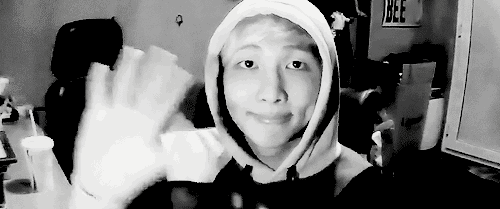 |
|
DON’T read this article if you don’t want spoilers for the following dramas: |
|---|
|
Secret Garden, Descendants of the Sun, I Promised You the Moon, Quarantine Stories Episode 2, and Mr. Sunshine. |
|
This article can be read both in light and dark mode, but it looks prettier in light mode. If you are using mobile, then please read it after setting your device in landscape mode. |
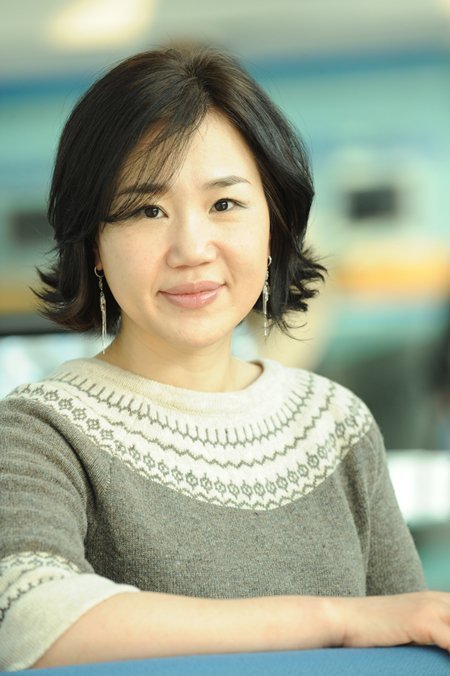 |
Now I have a very controversial opinion about her writing. I know that she’s one of the most famous writers out there, and that is why I’m prepared to get hated for my opinion. Haha, I’m not saying she’s entirely a bad writer, her ideas and themes for stories always interest me, they all are unique and creative, but I think she fails to execute them properly. |
|
From her works, I’ve seen Goblin, Secret Garden, The Heirs, Mr. Sunshine, and Descendants of the Sun, and all of them suffered from the same problem. Although I enjoyed Secret Garden and Goblin when I first watched them, do note that I watched them years ago, and my taste has changed drastically since then. |
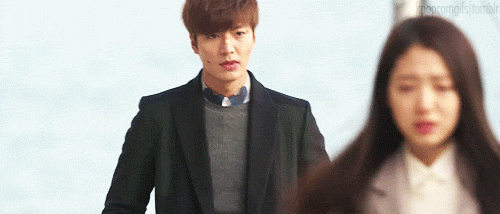 |
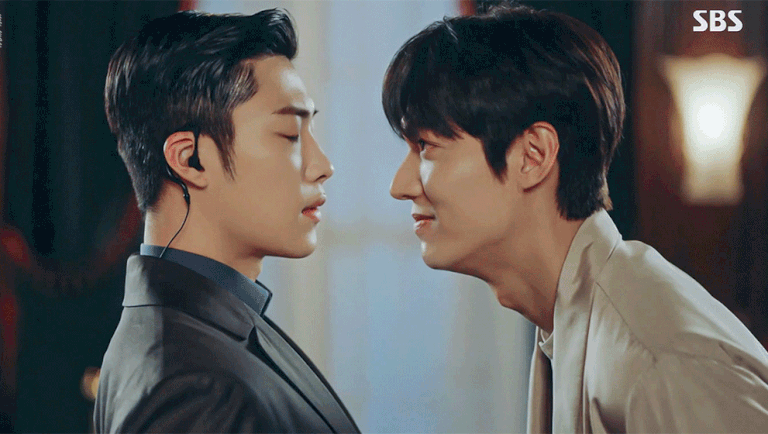 |
Now I tend to analyze every single thing in a drama which makes it harder for me to enjoy dramas. I don’t know if this growth is good or bad, but my point is if I watched these dramas now I wouldn’t like them the way I did back then. That’s because now I’ve started noticing that the pattern of Kim Eun Sook’s writing is just not entertaining for me. Every drama of hers is written in a way she knows it’s going to become popular, and it does. I think when she’s writing, she doesn’t focus on the point that she’s writing to make a good story, but she’s writing to make this certain drama popular. |
|
Let’s take a look at Goblin. Like I said, a great idea of how a goblin struggles to find a bride to take the sword off and give him peace, but he ends up falling for her, but that’s it. That’s the whole story. For more than half of the drama, they are talking about taking the sword off, and the rest of it is a filler to the main storyline. The drama could’ve been finished in 5 – 6 episodes, maximum 10, but she kept going round and round in circles while she added side characters and comedy. Was it entertaining? For sure. But would I call it good writing? No. |
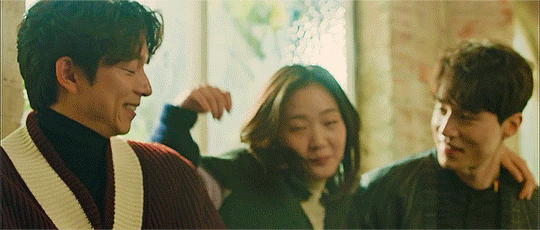 |
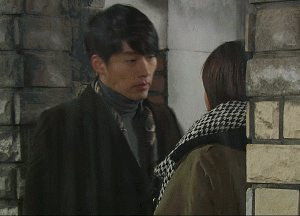 |
The same thing happens with Secret Garden; they switch bodies, they fight, then they switch again, then again and again, and then amnesia happens, and then finally they go back to their real bodies, and they marry each other and happy ending. Now this story was made into a 20 episode drama adding side characters, and half of the time, they were just bickering, more like the ML was being a jerk, but still, and of course, she added comedy because that’s apparently needed for people to enjoy the drama. I have nothing against comedy, I love it, but when you add it to make your drama have more episodes, you do it because you really don’t have an interesting storyline to fill in the middle, then I don’t like it. |
|
I think she wrote The Heirs because back then, that kind of storyline was popular. Now see, I don’t think that wanting your drama to become popular is a bad thing, but that shouldn’t be your only goal. The same happened with Mr. Sunshine, it’s a high production with great cinematography. She introduces the characters and makes them SO selfless that you cry when they do because they have to die since it’s a historical drama! And we have to add a love triangle because I mean, c’mon, that’s necessary! |
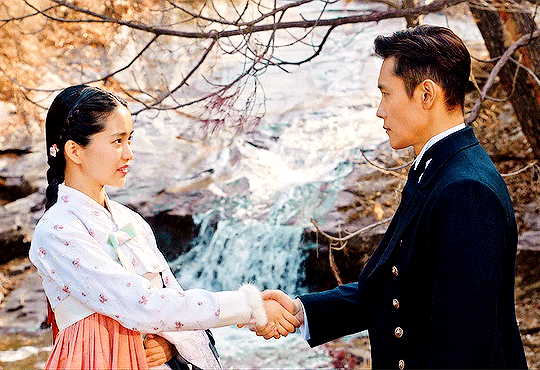 |
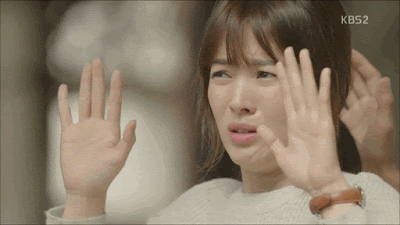 |
Descendants of the Sun also was all about a supposedly mature woman not being able to make a decision on whether she should date a guy or not. And again, the story was going in circles with a few filler storylines, and she always adds bromance because she knows it sells! I don’t hate bromance or anything, I also like it, but when the author purposely adds bromance in ALL of their dramas, then it becomes a bit boring for me. Yes, I’m not fond of her writing at all. She seems more like a businesswoman than a writer to me. |
|
Now this woman knows how to make people cry. Like, she knows it too well. Most of her dramas are highly rated on this site and very critically acclaimed by everyone, and commercially popular, too. You know why? Because she knows how to win the audience’s hearts. You can’t win the audience by showing a smart criminal detective story. I mean, of course, you can do it to some extent, but to truly win the audience and make them fans of your work is to write characters the audience will fall in love with. |
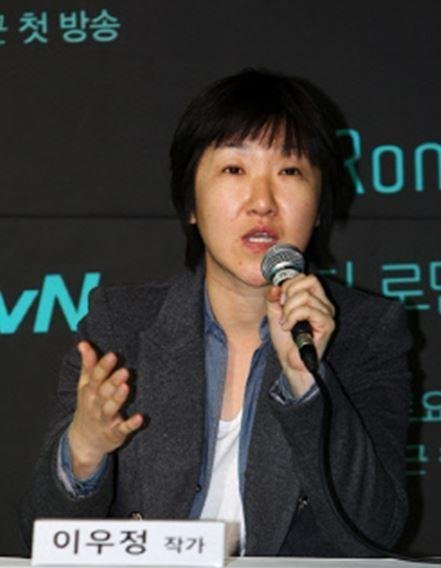 |
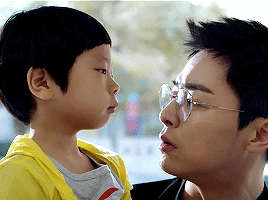 |
She’s really good at writing slice-of-life dramas where not much happens, but you cry and laugh with the characters, and that’s why so many love her dramas, and that includes me, too. I mean, that’s what the Reply Series, Prison Playbook, and Hospital Playlist had in common. Relatable or quirky characters that made us laugh and cry to the point they became a part of our lives. Her dramas are slow, and not much action happens, but she’s a queen in touching people’s hearts, and that’s her charm. |
| He is another writer who is incredible at writing slice-of-life, and in my opinion, he’s even better at it. I feel like Lee Woo Jung’s stories are much more character-driven (which is not a bad thing at all), whereas Sakamoto Yuji’s dramas’ stories are much more about life. Like, he’s the only writer I’ve seen talk about mouth ulcers in two of his dramas. And as a person who suffers a lot from them, I really appreciate him mentioning them so accurately without making them disgusting and adding comedy to it, although they are really painful in real life. lol |
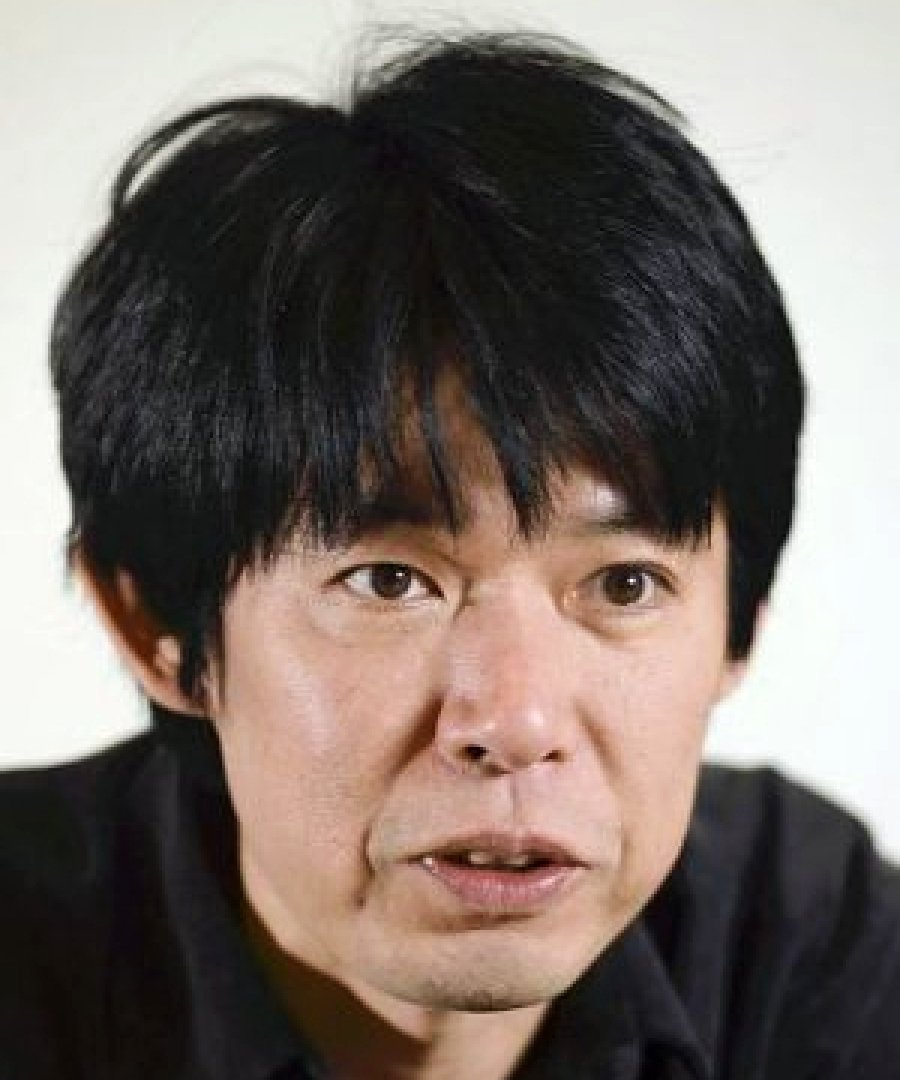 |
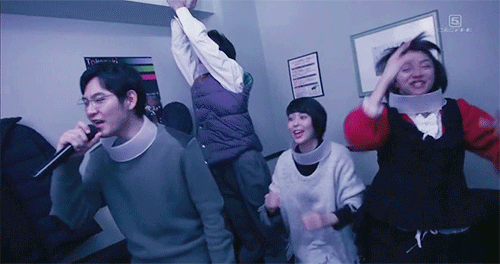 |
He showcases small things that happen to middle-class people a lot in his dramas, which I really like. His characters are memorable, too, but what’s more memorable about them are their relationships. He tends to showcase odd relationships or found family tropes a lot in his dramas, which I love because found family tropes are one of my favorites. |
|
Now the thing I don’t like about his dramas is how he tends to end them. Most of the dramas written by him have sad endings, or more like the characters don’t get what they wanted, but they moved on with life anyway. I like how realistic it is because, since most of them are slice of life, it pushes the idea that “life goes on”, and I agree with that. I actually liked it when some dramas written by him ended like that, BUT sometimes it looks forced because the ending could’ve been prevented. It looks like he’s forcing the sad ending and the “life goes on” message a lot in his dramas to make the audience cry, which just looks forced to me. In some cases, the characters could’ve prevented that ending, but they didn’t and suddenly became dumb because Yuji wanted it to end like that, which just makes me laugh and a bit frustrated. Of course, not all his dramas end like that, but most of them do. |
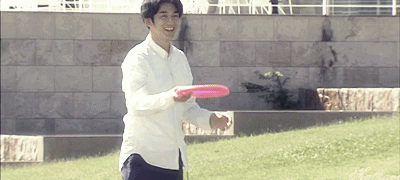 |
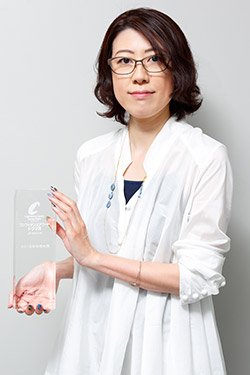 |
Jobs. That’s one thing I can say about her writing. She’s obsessed with jobs. All her dramas revolve around certain jobs, and most of the time, these jobs are unique or rarely talked about in the media, and she takes full advantage of that. Most of her dramas follow an episodic format. She does that so she can provide different stories from different characters to make the main characters grow, and she provides either heart-touching stories or comedic stories to make the audience cry or laugh. She knows how to entertain the audience while also subtly giving life lessons. I’ve seen a lot of her works, so you can say I’m her big fan. haha |
|
For example, Unnatural was about forensic science, which is rarely talked about, and she brought murder mystery type of stories while also controlling the audience’s emotions by giving them heart-touching stories. |
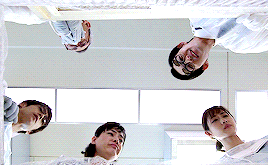 |
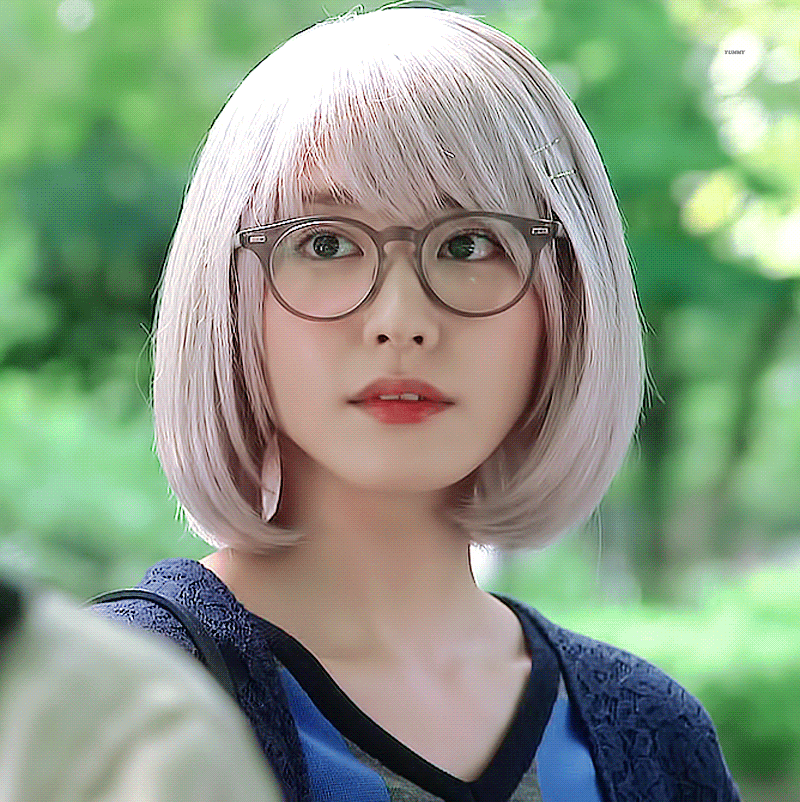 |
Okitegami Kyoko no Biboruko was about a private detective, which is not rare, but it was about a detective who forgets everything when she sleeps every night, which made the job and the drama both interesting. |
|
Juhan Shuttai! was about manga writers and editors, which is the reason why it’s my favorite. The job is rarely talked about, and the drama had this whole feel-good feeling to it to the point it makes you cry and feel giddy. |
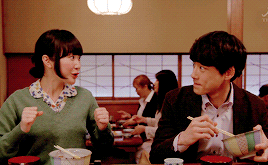 |
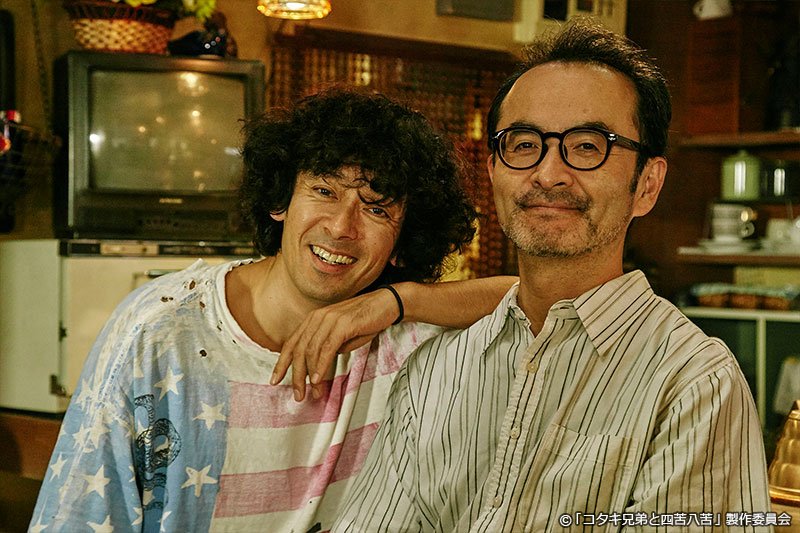 |
Kotaki Kyodai to Shikuhakku was about brothers that did a job that only happens in Japan and rarely gets discussed in media. In the drama, they called it ‘rental oyaji’, but in real life, it’s renting people for a few hours and making them do anything you want as long as it’s not something inappropriate or a crime. However, the drama portrayed the job pretty well because sometimes people want advice since visiting a psychologist is taboo in Japan, and sometimes people want you to act as their parent at their wedding. |
|
We Married as a Job was, in my opinion, the rarest job because I don’t think anyone else in real life has done it. It’s about being a housewife as a job. |
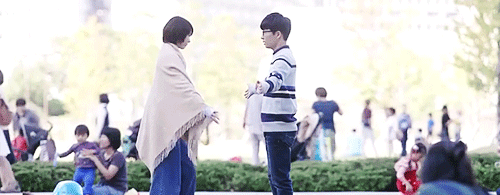 |
 |
All her other dramas are like that, too. Another thing I’ve noticed in her dramas is that although they revolve around jobs, they are still very character-driven, and she tends to add slight romance or hints of romance, and her dramas usually have high feminist messaging, which I really love! |
|
Now I know that I’ve expressed my problems towards his work/writing in I Promised You the Moon a lot but let’s face it, he’s actually a good writer. He’s done some brilliant stuff, but I don’t think he can write romance. IPTYM is not the only romantic story he added cheating to. Quarantine Stories episode 2 also has a cheating plot, and mind you, I don’t mind writers portraying cheating in cinema because I do think it’s realistic since it happens in real life, but I DO mind when the writers glorify the cheating they added, and in both of these stories written by P’meen, the main character forgave the cheaters, which is something I cannot digest. I feel like he’s really good at writing serious thriller stuff, but when it comes to romance, he can’t do it. |
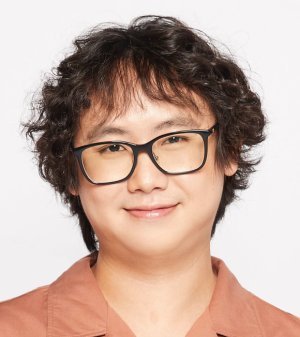 |
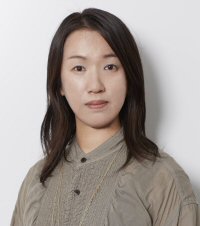 |
She’s not really a screenwriter and rather writes novels, and even though I’ve not read any of her novels, I always love the dramas/movies I’ve watched adapted from her works. She tends to write murder mystery stories, but what makes them stand out from other stories in the same category is that they don’t revolve around guessing who the killer is and rather, they usually focus on another aspect which can be slice of life or the characters in the story. She makes you focus on the other aspect so much that in the end, you don’t care who the killer is, which I find beautiful. |
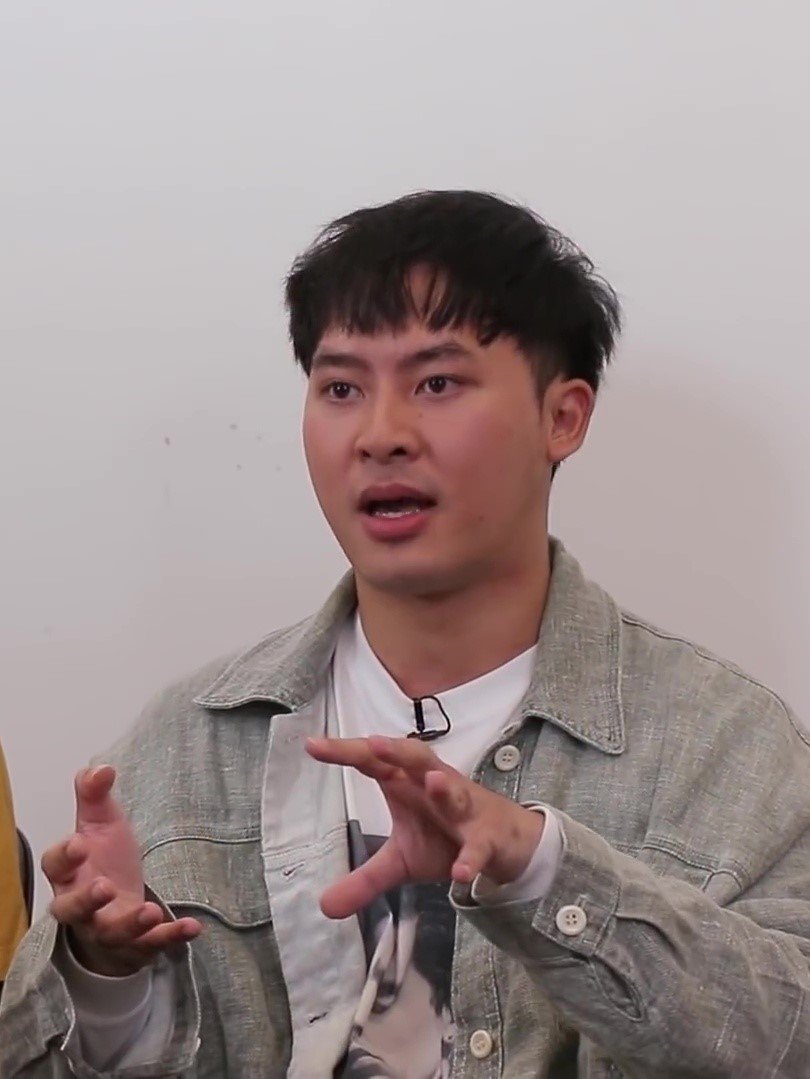 |
I know that he’s a director, but he writes his scripts, too. I discovered him very recently, but my god, I’ve fallen in love with his art. I think there’s no need to observe his writing because, in an interview, he observed it himself. In the said interview he said, “I really like complex, grey characters. I like stories that are character-driven and focus on human emotions because feelings are complicated, interesting, and beautiful,” and I think that describes his works perfectly. |
|
His most famous work, I Told Sunset About You, is about two complex boys struggling through teenage years, exploring their own sexuality while falling in love with each other. The main characters all have their flaws. Especially Teh does a lot of bad things, which he gets hated for a lot, but P’Boss wanted that to happen because he wanted to make troubled teenagers who do both good and bad things to represent that human beings are never good or bad or black and white, they are grey. |
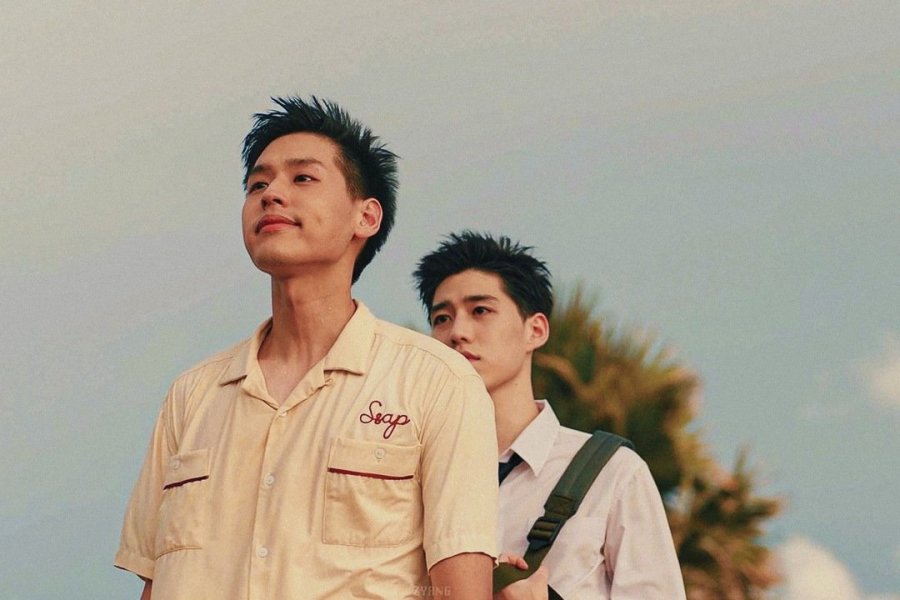 |
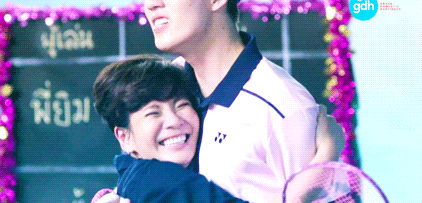 |
The same happens in the project Side by Side. Although it’s about an autistic person, and I usually don’t like dramas revolving around autism. Why? Because they are usually not accurate, and the character that has autism is shown as an angel who has no flaws except the fact that he’s autistic. However, Side by Side is special because the character with autism has flaws that make him more human. The story is not only about him growing and becoming a better person, but also about the people around him growing with him. Because of this, I love it a lot. Dramas with autistic main leads tend to only focus on the main lead, but here we were given side characters with both strengths and weaknesses. It’s about all of them receiving character development. |
|
PH’s most disliked work is My Ambulance. People dislike it because it has a lot of cliches and is mediocre compared to his other works, and I agree. It really is mediocre, but does that mean it’s bad? No. I personally loved it a lot, and it also had a lot of symbolism like P’Boss’s other works, but no one even tried to notice that. It’s also about human emotions and the feeling of falling out of love. It’s what P’Meen wanted to showcase in I Promised You the Moon, but in my opinion, P’Boss did it better. Yes, Tantawan is stupid, and she and Peng do a lot of bad stuff, even Chalan does, but like always, P’Boss’s characters usually do a lot of bad stuff because my guy likes to showcase grey characters. This drama also talked about love in a very different, unique and realistic way, in my opinion. Although it was fantasy and a lakorn, it was a bit unrealistic and cliché, yet still realistic. haha |
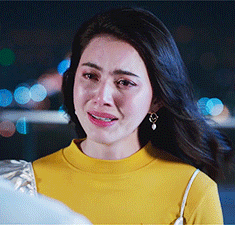 |
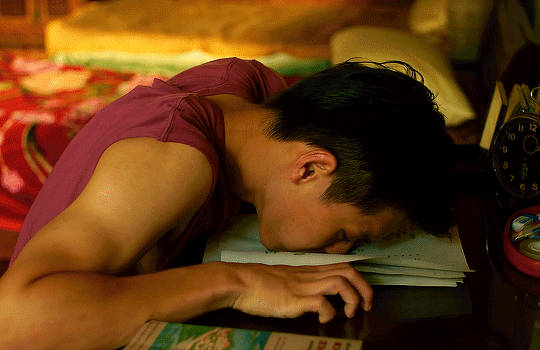 |
So yes, I love how P’Boss works because it’s the way I like my dramas. His dramas always fit my taste. So I’m really looking forward to new works from him. |
|
Anyways, that’s the end of my nerdy and long article. I don’t know if you had fun reading this (I hope you did, though!) but I had fun writing this. So please tell me your opinion about the writers of the dramas I talked about in the comment section! As I said above, this is my first article ever, so don’t be too harsh with criticism, haha, although I do accept constructive criticism with my full heart. Ok, bye-bye! Thanks for reading! |
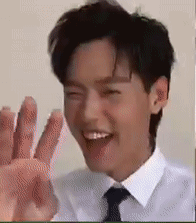
Edited by: YW (1st editor), devitto (2nd editor)
drama writers
kim eun sook
lee woo jung
sakamoto yuji
nogi akiko
boss naruebet kuno
[ad_2]
Source link




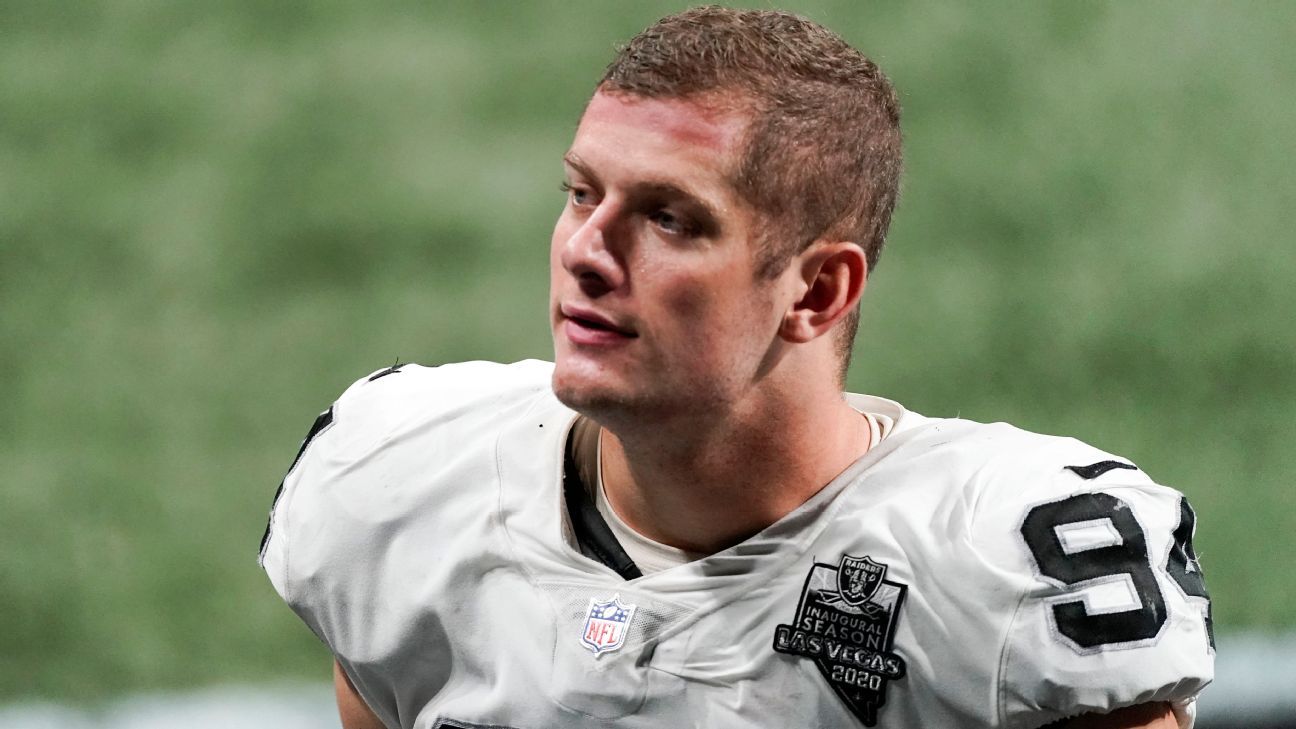

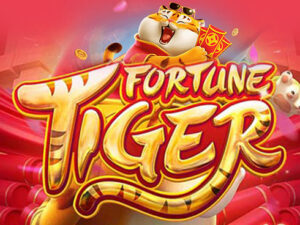

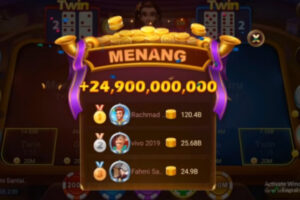
More Stories
Park Hyung Sik and Han So Hee Radiate Chemistry in Cute Promotional Stills for Disney+ K-drama Soundtrack #1
Go Kyung Pyo in discussion to join Park Min Young and Kim Jae Young in a new drama
New Trailer is Out for “Green Mothers Club”